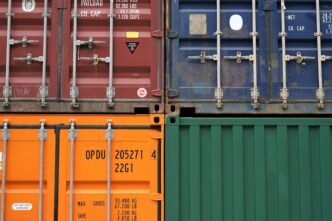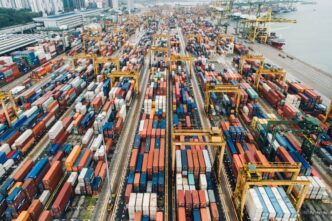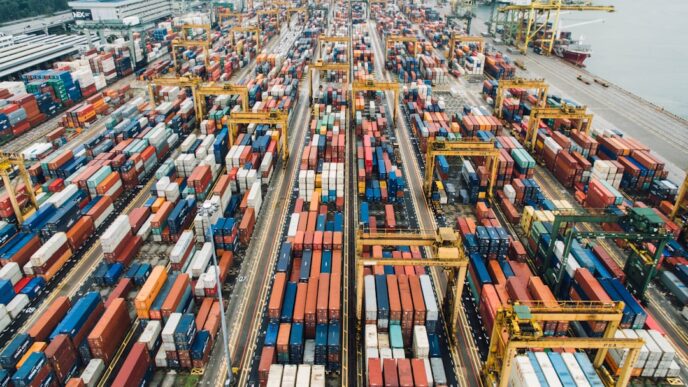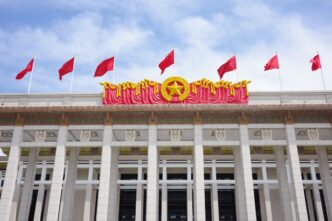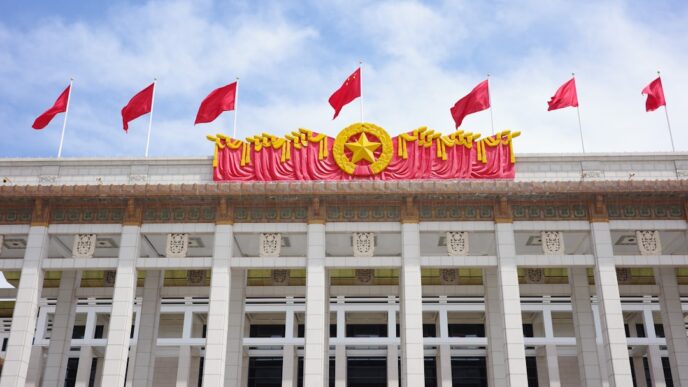In the bustling markets of Kolkata, street vendors barter goods, often without cash changing hands. This dynamic is not just an anecdote of local economies; it represents an intricate web of informal trade that exists beyond the scrutiny of official statistics. With estimates suggesting that informal economies account for nearly 60% of the global workforce, their influence on international trade is profound yet often overlooked.
Countries like India exemplify how informal sectors can flourish amidst regulatory frameworks that fail to encompass these transactions. The informal economy in India alone generates around $650 billion annually, showcasing a significant resource that policymakers frequently ignore. Here, the exchange of goods and services occurs through networks of trust and community ties, creating a resilience that formal markets sometimes lack.
The informal economy is characterized by flexibility and adaptability. For instance, during the COVID-19 pandemic, informal workers were often more agile than their formally employed counterparts. Street vendors quickly pivoted to online sales, using social media platforms to maintain their businesses. This ability to adapt demonstrates the potential of informal economies to not just survive but thrive in adverse conditions, contributing to economic stability.
In Africa, informal trade networks create a unique form of economic integration that transcends borders. For example, the cross-border trade that takes place between Uganda and Kenya is largely informal, with traders moving goods without formal customs processing. While governments may view these practices as a setback to tax revenues or regulatory control, they serve a crucial role in ensuring food security and economic exchange across regions.
However, the challenges facing informal economies are substantial. Without access to formal credit systems, workers in these sectors often remain trapped in cycles of poverty. The International Labour Organization (ILO) has pointed out that informal workers are generally excluded from social protections, rendering them vulnerable during economic shocks. This raises important questions about how nations can harness the potential of informal economies while also bringing them into the formal fold.
One innovative approach has emerged in Colombia, where the government has initiated programs to formalize informal enterprises by providing training and access to microloans. These measures not only help integrate informal workers into the formal economy but also enhance national productivity. By fostering an environment where informal businesses can access the same resources as formal ones, Colombia is setting a precedent for other nations wrestling with similar challenges.
The trade implications of these informal networks are significant. Countries that recognize and engage with their informal sectors can better integrate them into global supply chains. This integration could lead to more sustainable economic growth, as the informal sector often exhibits unique strengths in local knowledge and adaptability that formal businesses lack.
As the global economy continues to evolve, understanding the informal economy’s role in trade becomes increasingly crucial. Policymakers must find ways to support these sectors, not just as a means to boost economic output but as a vital component of community resilience and adaptability. The ‘invisible handshake’ that occurs in these informal networks represents a powerful testament to human ingenuity in the face of adversity, deserving of recognition and support in the corridors of economic power.




